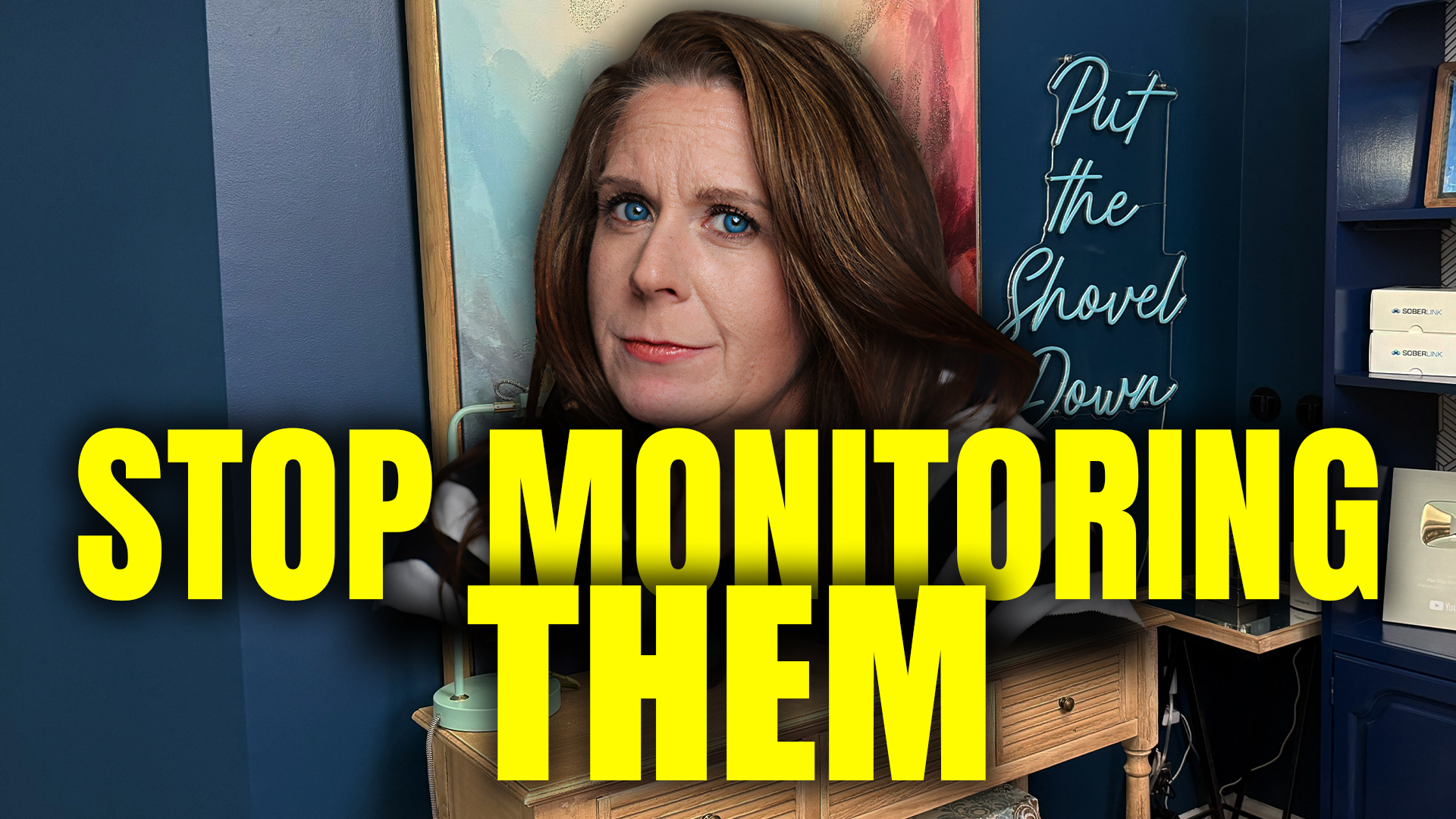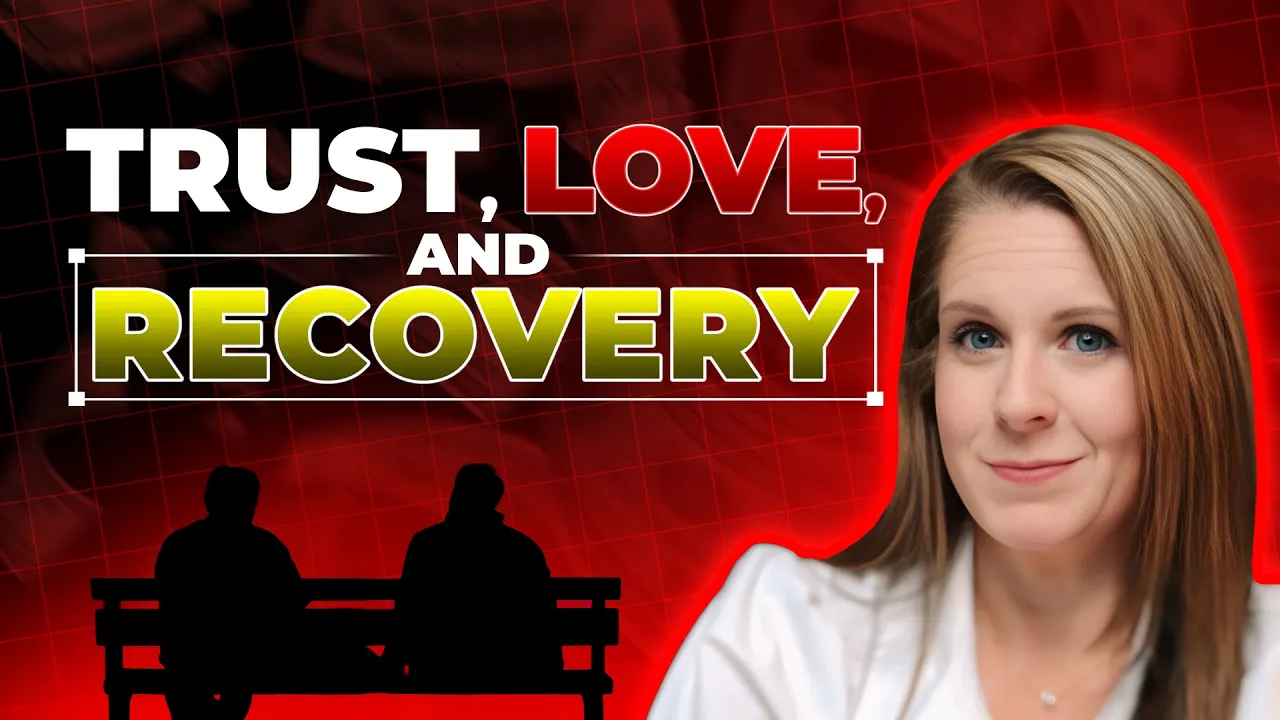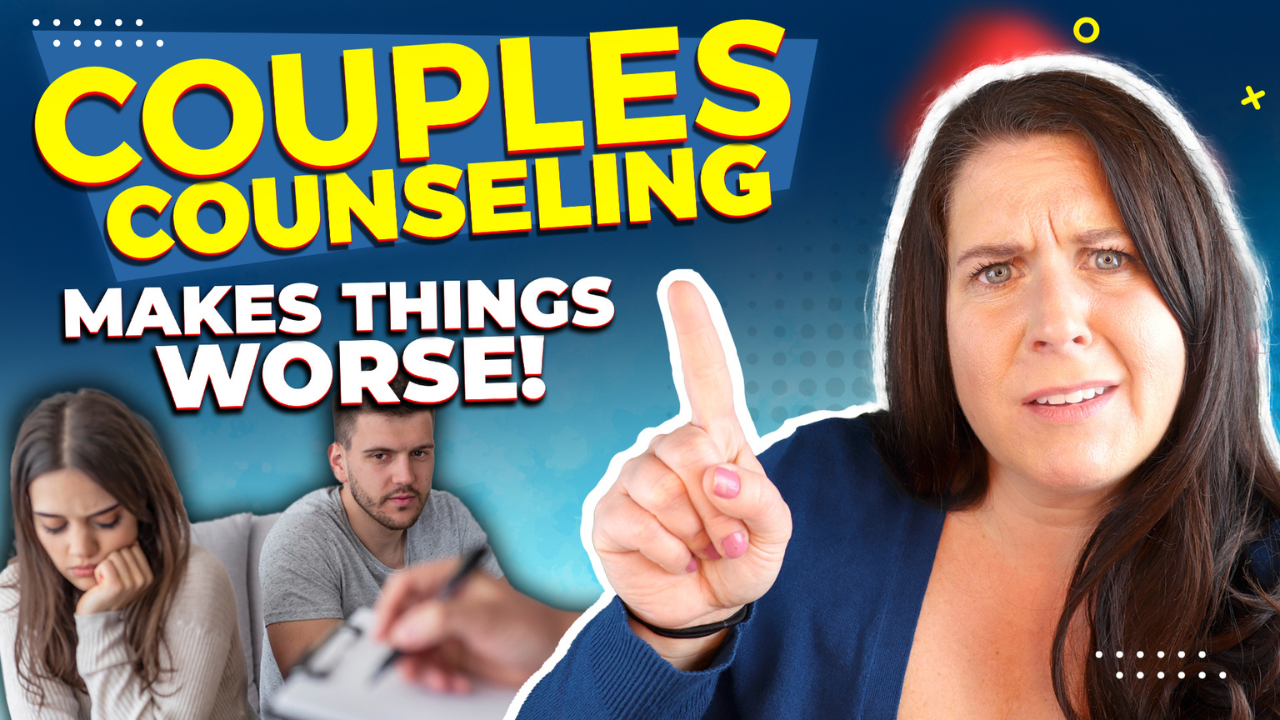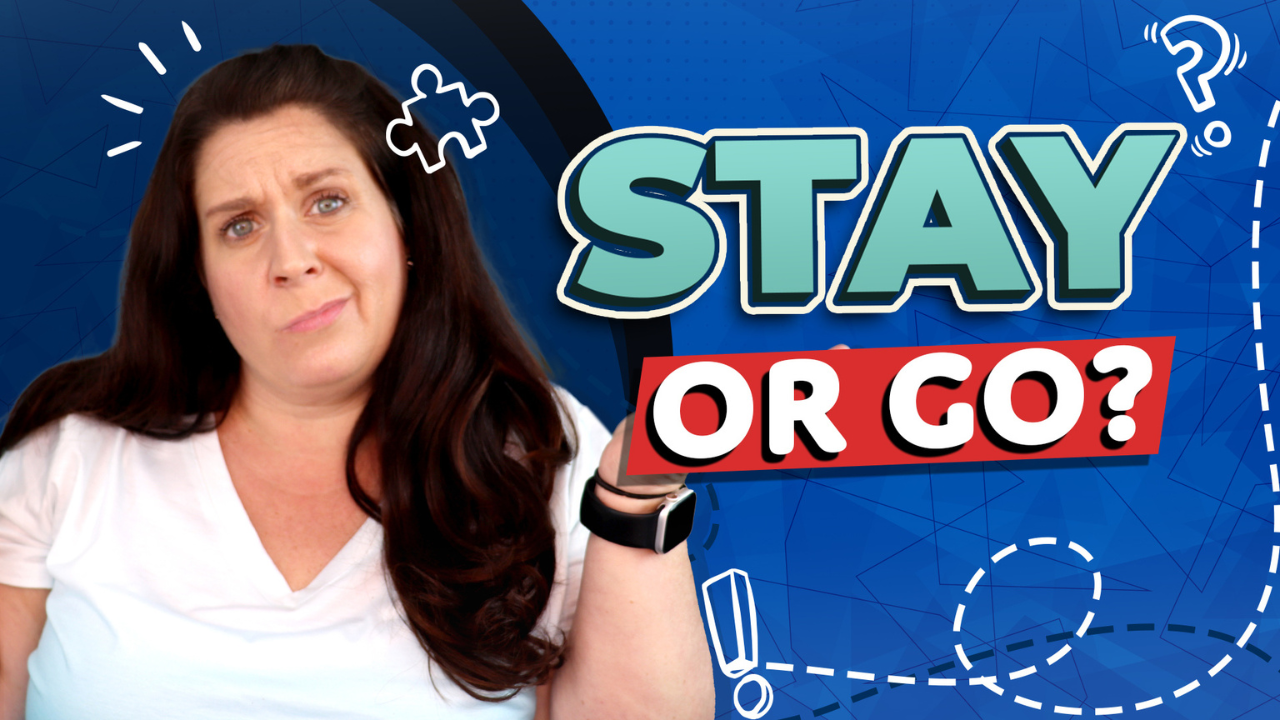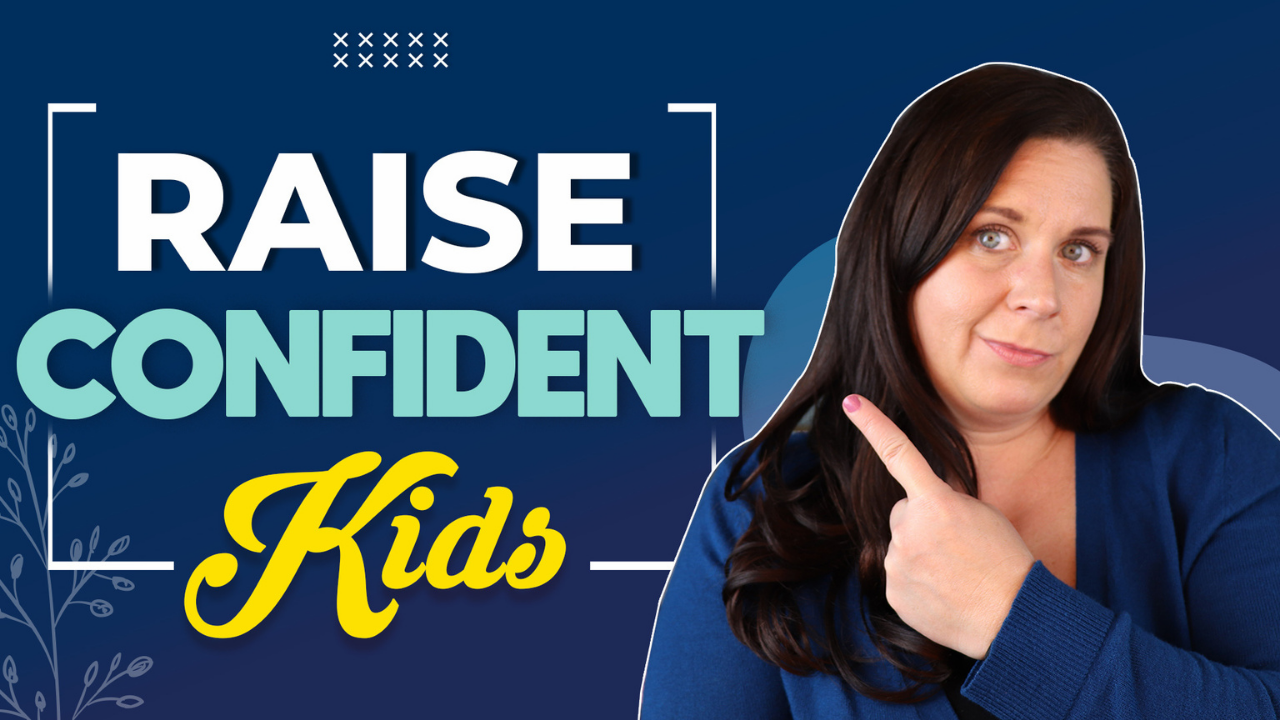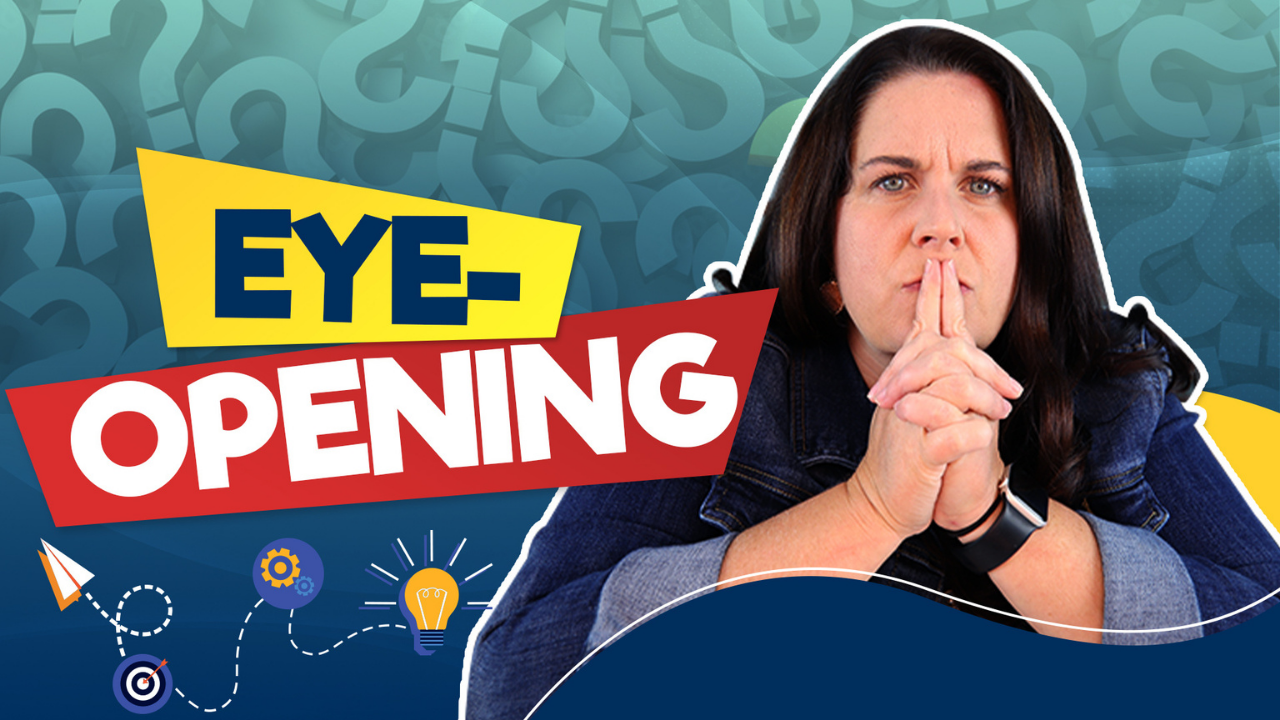Accountability vs. Surveillance: What Actually Rebuilds Trust
Why Being the “Alcohol Police” Is Destroying Your Relationship (And What Actually Works)
You never applied for this job.
You didn’t sign up to be the alcohol police in your own home—but somehow, that’s exactly what you’ve become.
You’re counting drinks.
Checking the recycling.
Smelling their breath.
Watching the clock to see when they pour that first glass.
And even when they’re “doing better,” you’re exhausted.
Today, we’re talking about why monitoring doesn’t work, how it quietly destroys relationships, and what actually helps instead.
How This Role Sneaks Up on You
This didn’t start because you wanted control.
It started because:
-
Promises were broken
-
“Just two drinks” turned into five
-
“I’ve got this handled” turned into another letdown
So you started paying attention—because someone had to.
At first, it felt responsible. Like helping. Like protecting your family.
Now?
You feel like a detective in your own home—and you hate it.
One woman told me she ch...
Living Through My Brother’s Addiction and Recovery| B. Reeves P2
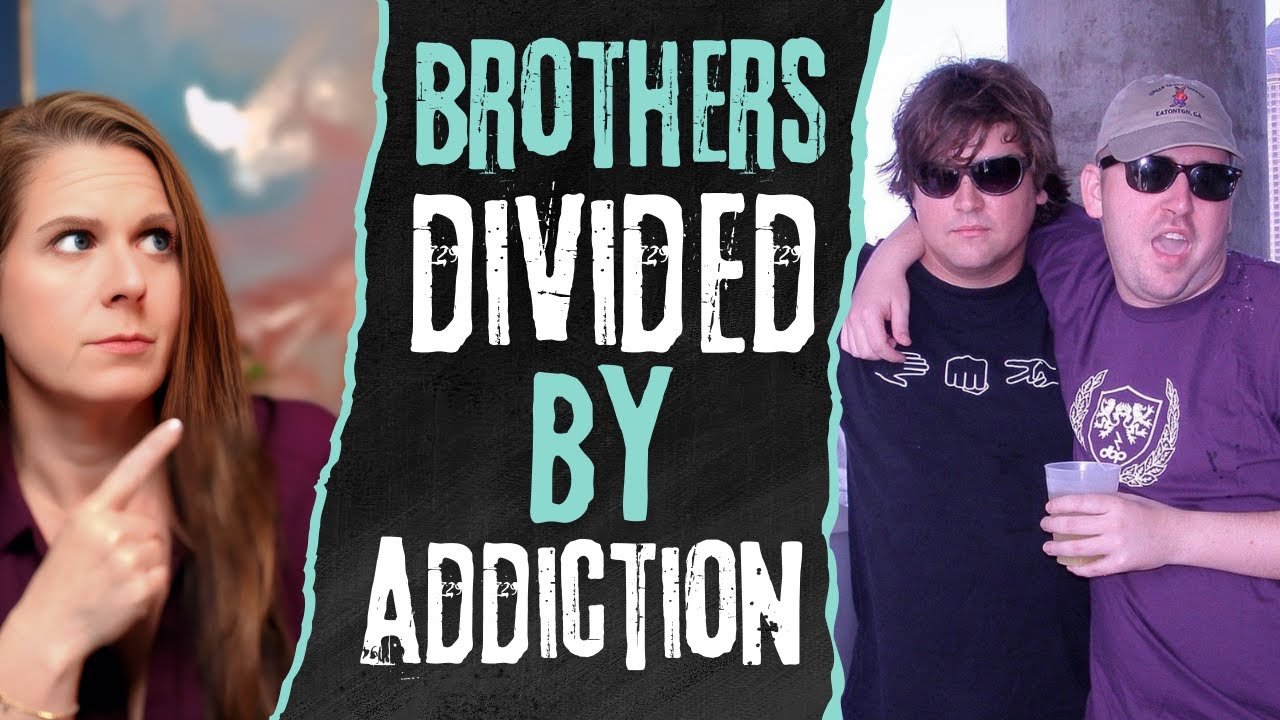 Read Part 1 first:
Read Part 1 first:

A Brother’s Story: Addiction, Family Bonds, and the Long Road to Recovery
Addiction doesn’t just affect the person using—it ripples through families, testing love, patience, and resilience. In this raw and heartfelt story, Dan Reeves opens up about growing up with his older brother, B, and the complicated mix of admiration, frustration, and hope that shaped their relationship.
B was—and still is—one of the smartest, funniest, and most charismatic people Dan has ever known. But beneath the charm was a long struggle with alcohol and opioids that nearly cost B everything.
Growing Up Together
Dan and B Reeves were inseparable as kids. They shared a wild streak, tested boundaries, and found themselves in situations that most teenagers eventually outgrow. But while Dan eventually slowed down, B’s “all-in” personality made him more vulnerable to the grip of addiction.
Their parents, though divorced, were loving and supportive, giving both boys the freedom to find th...
The Surprising KEY to Restoring LOVE After Addiction
Rebuilding Intimacy After Addiction: How to Restore Emotional and Physical Connection in Recovery
By Amber Hollingsworth
*Featuring Matt & Sherry Ali from the Intoxicated Podcast
Addiction doesn’t just impact the person struggling—it shakes the foundation of the relationship they’re in. One of the most common challenges couples face in recovery is figuring out how to restore emotional and physical intimacy after addiction has created distance, resentment, and mistrust.
Today, I’m thrilled to share insights from Matt and Sherry Ali, co-hosts of the Intoxicated Podcast, who have walked this path themselves. Matt is in long-term recovery from alcohol use disorder. Together, they’ve faced—and overcome—the unique challenges of rebuilding intimacy after addiction.
They’re here to talk openly about sexual desire discrepancies, emotional safety, and practical steps any couple can take to reconnect.
The Hidden Struggle: Sexual Desire Discrepancy in Recovery
According to Matt and Sherry’...
How To Rebuild Relationship When Trust Is Broken
Rebuilding Trust in Relationships: A Roadmap to Healing
Trust forms the bedrock of any strong relationship. When trust is broken, it can leave both parties shattered, with walls of defense erected. Rebuilding that trust requires understanding and effort from both sides. In this post, we'll explore practical steps to navigate this challenging journey.
Understanding Defense Mechanisms
If trust has been breached in your relationship, it's natural for defense mechanisms to kick in. Whether you're the one who betrayed trust or the one hurt by it, these defenses can complicate healing. Recognizing and addressing these defenses is crucial for progress.
Addressing the Trust Breaker
For the person who has broken trust, patience is paramount. Healing takes time, often longer than expected. Avoiding the topic or becoming defensive only prolongs the process. Instead, acknowledge the wrongdoing regularly and openly. This demonstrates your commitment to change and gradually rebuilds trust.
M...
Unexpected Ways Addiction Affects Relationships
 Healing Relationships Affected by Addiction: A Dual Perspective
Healing Relationships Affected by Addiction: A Dual Perspective
When you’re in a relationship with someone struggling with addiction, it’s easy to believe that if the addiction gets under control, everything will be okay. However, addiction impacts relationships in profound and unexpected ways, and repairing that damage is a complex process.
The Dual Impact of Addiction
Addiction doesn't just hurt the person using substances; it affects everyone close to them. To understand the full scope of its impact, we need to look at it from both perspectives: the person with the addiction and their loved ones.
The Loved One’s Perspective
For the loved one, the journey through a partner's addiction is often marked by a rollercoaster of emotions. There’s the initial hope that the situation will improve, followed by disappointment when it doesn’t, creating a cycle of trust and betrayal. Over time, this repeated cycle can lead to deep-seated resentment and a profound distrust, not only towards t...
Does Couples Therapy Make Things Worse? A must-watch for couples!
Here's what usually happens when people go to couples counseling and there's an addiction involved. Naturally, the person with an addiction problem doesn't want to discuss it. They're incredibly defensive about it, and if you bring it up in a couple's counseling session, that person will feel very much ganged up on whether they are or not, they're going to feel backed into a corner. Guess what will happen? They're going to quit going, and the only other option would be not to bring up the person's addiction. In that case, why are we ignoring the big elephant in the room?
Suppose the counselor doesn't realize this vast giant addiction problem is happening. In that case, they're probably going to be giving lots of bad advice because they're going to be working on the wrong things, even though I don't think that traditional couples counseling is beneficial when it comes to one or more other partners having an addiction I am a big believer in the idea that the whole family system needs...
How To Talk Someone Into Making A Positive Change
If you want to learn how to communicate effectively with someone to motivate them to make a positive change, use these techniques:
- Let them bring up the problem first (change talk)
- Ask when they became aware there was an issue. Example: "What makes you think there's a problem? Or What happened to make you realize there's a problem? Or When did you become aware that this wasn't working for you?"
- Reflect on their issue with empathy.
- Ask for an example of the problem they're dealing with
- Validate their feelings with a reflection statement
- Ask what they're afraid might happen. (What's the roadblock?)
- Be relatable but don't steal the attention
- Say it before they think it
- Extract positive info and reflect it to them. Re...
Am I An Idiot For Staying With My Addicted/Alcoholic Spouse?
"Am I a complete idiot for staying with my alcoholic or addictive spouse? If I think about leaving, I feel guilty. On top of that, I feel like I get all this judgment from everyone around me. The people who know there's an addiction are judging me for staying, and the people that are in denial about it are judging me for leaving."
Can you relate?
I know you feel upset with your spouse because this is not what you signed up for, and I can't even tell you whether or not your spouse will for sure fix their problem or not. This is a decision that you should not make from an emotional place because you're likely to take that decision back.
I will give you a framework to make this decision easier for you.
There will be six categories, and we'll group them into "Negative- I should go." and "Positive-I should stay."
If you're married to your addicted loved one, I know you have mixed feelings. On one hand, you may be thinking, "Isn't addiction an illness? I made a vow to stay through s...
Pro Tips For Raising Confident / Resilient Kids
No matter how hard you try, your child is going to run into obstacles, difficulties, and roadblocks. They're going to have their challenges. It doesn't matter how much money, resources, or how many people you know. No matter how much you try, there will be problems and challenges. That's OKAY!
That's a good thing because that's how we build character. Knowing that you're creating confident, secure, resilient kids is one of the most important aspects of parenting. Easier said than done, right? The good news is it doesn't have to be perfect. Once you understand these principles, you might feel a little less pressure to make everything perfect, and your kid will feel a little less pressure, too.
(This topic is relevant to addiction, but it's also relevant to any parent out there. All of these strategies I'm about to give you can work on anyone, whether they're your kid, a work partner, a friend, or a spouse. This is how to help other people feel more confident, secure, and resilient.)...
Growing Up With a Functional Alcoholic/Addict Parent (The Uncomfortable Truth)
Does my drinking or substance use affect my kids?
Of course, it does, but HOW does it affect your kids? Some
of these things might be difficult to hear, but necessary.
We're going to be looking at it from the child's point of view, focusing specifically on how a parent's alcohol or other substance use or abuse affects you as a kid and even as an adult now.
If you want to know if you have an addiction or a loved one has an addiction problem and how severe that problem is, you can click HERE to download the criteria for substance use disorder.
Affect #1: When you're using substances, you are modeling that behavior for your kid. If you use substances in your home, you're modeling that's the way adults in the family have fun or party. It may come across to your kid as really glorified, "Ooh, that's how adults are happy! That's how adults connect. When I get older, I'm going to do that!"
If you're using substances to help you cope with stress or problems, then you're also modeling that...
